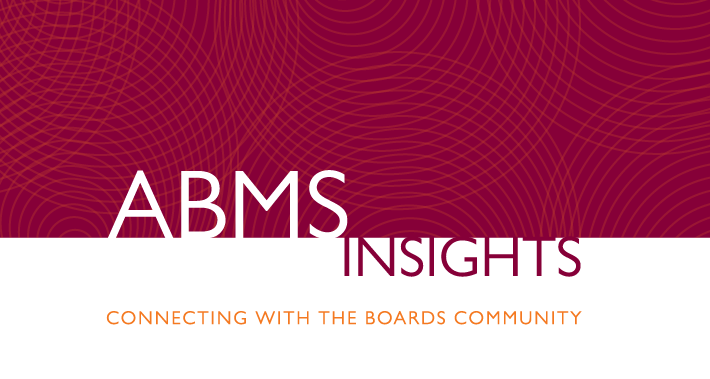

Taking parental leave during residency does not negatively affect resident performance or availability, according to recent studies.
Ophthalmology residents who took parental leave performed as well as their peers who did not take parental leave across multiple metrics reports a study published in the November 2022 issue of JAMA Ophthalmology. The study measured the two groups’ performance on examinations, evaluation scores, research activity, and surgical volume.
Specifically, no differences were identified in average Ophthalmic Knowledge Assessment Program percentiles, research activity, average Accreditation Council for Graduate Medical Education (ACGME) milestones scores, or surgical volume between residents who took parental leave and those who did not. Residents who pursued fellowship were less likely to have taken parental leave and residents who practiced in private settings after residency were more likely to have taken parental leave.
This retrospective cross-sectional analysis of educational records was conducted from April 1, 2020 to July 28, 2022. Multicenter data were obtained from 10 ACGME-accredited ophthalmology programs across the United States. Data from 283 ophthalmology residents who graduated between 2015 and 2019 were analyzed. Of those residents, 44 (16%) took a median parental leave of 4.5 weeks (ranging from 2-6 weeks).
Similarly, physical medicine and rehabilitation residents who took an extended leave of absence (seven or more days) for parental reasons had similar odds of passing their Part I (written) examination compared with peers who did not take parental leave, according to a study published in the July 2022 issue of the American Journal of Physical Medicine and Rehabilitation. Regarding the Part II exam, however, residents who took parental leave had better odds of passing the exam compared with peers who did not take parental leave. Conversely, residents who took leave for academic/remediation concerns or unspecified personal reasons had lower odds of passing both board examinations.
The pass rate for Part I of the board exam was highest among the residents who did not take a leave of absence (91.8%) while the pass rate for those who took parental leave was not significantly different (91.3%). The pass rate was lowest among those who took a leave for academic/remediation concerns (79.2%). The pass rate for Part II was highest for the residents who took parental leave (94.4%) and lowest for those who took leave for academic/remediation reasons (67.5%).
This retrospective analysis used deidentified information from the American Board of Physical Medicine and Rehabilitation (ABPMR) database. It included 10,803 residents who completed their PM&R training between 1998 and 2020. In total, 643 (6%) residents took an extended leave during their training. The main reasons for taking the extended leave of absence were unspecified personal reasons, parental leave, academic/remediation concerns, and personal health issues.
Amid concerns about the impact on the workforce and potential for misuse of the American Board of Anesthesiology’s (ABA) revised leave policy allowing up to 12 weeks of leave during a resident’s three years of clinical anesthesia training, ABA leaders published a report on the policy’s first year of implementation.
From July 2019 to June 2020, a total of 156 residents from 69 ACGME-accredited anesthesiology residencies requested and were approved for extended leave. This figure represents 2.8 percent of the 5,524 residents in the United States (2.2% of males and 4.2% of females). The incidence of leave was 1.2 percent, 2.7 percent, and 4.8 percent for residents in the first, second, and third clinical anesthesia training years, respectively. Parental leave was most common (76%), followed by medical (20%) and caregiver (4%) leave. Parental leave was on average 8.2 days longer than medical leave and 12.8 days longer than caregiver leave, accounting for 82 percent of the total 4,321 leave days. The 69 programs that submitted at least one request represented 45 percent of the 153 ACGME-accredited anesthesiology residencies in the United States. The findings suggest that a relatively low proportion of residents are using the extended leave policy, likely with little overall effect on resident availability.
These studies, which demonstrate that taking parental leave did not have a negative impact on resident performance or availability, could serve to support adequate parental leave for trainees across the specialties.
Read the latest issue of ABMS Insights and sign up to receive quarterly updates about board certification.
-
Read More:
- ABMS Insights |
